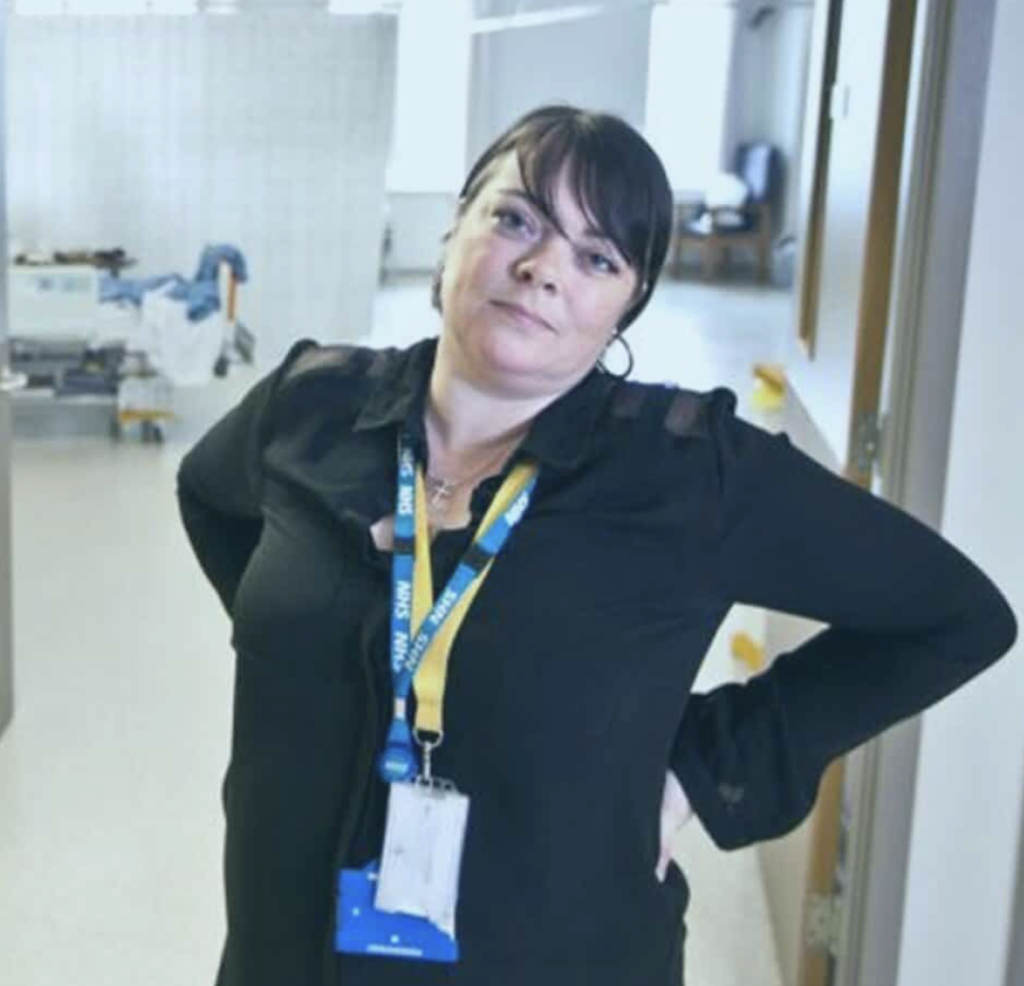

Developing Lived Experience Opportunities in your Organisation
Developing a Lived Experience Model can help improve services by gathering insights from those who use them. You need organisation-wide commitment to develop opportunities for people with lived experience.
This model should benefit your organisation, the people with lived experience, and future service users.
You should develop a clear strategy that covers:
– A clear definition of lived experience that’s specific to your organisation
– A Statement of Intent that explains how lived experience fits into areas like decision- making, staff development, and delivery
– Leadership commitment so you can build a strong system that makes everyone feel safe and included, and also challenges assumptions

Using a Lived Experience Model to Improve Services Toolkit
Apply the Lived Experience Model to your organisation through service design, evaluation and delivery.
Methods include peer mentoring, service user involvement, and co-design.
Share new ideas, challenge assumptions, and create person-centred services.
Scroll down for some key considerations when developing this model.

Creating a Psychologically Informed Environment
A workplace that understands and supports the mental and emotional needs of its staff.
Creating a safe, judgment-free space where people feel valued and supported. People can share ideas and suggestions openly, and experience better job satisfaction. This is especially helpful for those with trauma or neurodiverse conditions.



Creating an Inclusive Culture
Creating a culture that values lived experience. It treats it equally with other roles, and recognises the skills people bring.
An inclusive culture challenges unconscious biases and stereotypes. It ensures that everyone can reach their full potential. It also acknowledges the unique barriers faced by those with lived experience.

Supporting Workforce Development
Transitioning from service user to provider can be challenging, especially for those with complex experiences of trauma.
They may have limited work experience and need more supervision, support and training to be able to reach their potential.
Managers will also need training so they can offer the right support.



Trauma-informed Practice
Many with lived experience have trauma that affects their personal and professional lives.
A trauma-informed approach helps raise awareness of potential triggers and the impact of trauma. It aims to prevent re-traumatisation of both employees and clients.
It focuses on understanding how trauma can negatively affect people and identify and address any barriers to their roles.
Discover How

Resources
Further reading:
The following articles provide further insight in supporting individuals with specific types of experience.
Lived Experience of Homelessness: Supporting employment and volunteering for people with lived experience
Lived Experience of Substance Misuse Part 1: Introducing recovery, peer support and lived experience initiatives
Lived Experience of the Criminal Justice System: Criminal Record Advice, Information and Guidance
Lived Experience of Mental Health: Volunteering and participating

